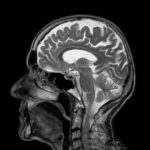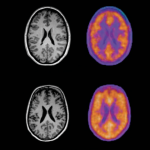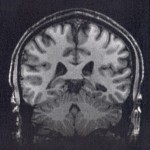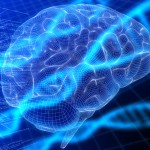
Dan Joyce publishes his debut blog on a recent paper in the British Journal of Psychiatry that considers the feasibility and clinical utility of magnetic resonance imaging in first-episode psychosis.
[read the full story...]
Dan Joyce publishes his debut blog on a recent paper in the British Journal of Psychiatry that considers the feasibility and clinical utility of magnetic resonance imaging in first-episode psychosis.
[read the full story...]
This World Mental Health Day, we share a Wellcome Trust interview with Professor Andrew McIntosh, who has a £4.7 million award to explore why people develop depression. He tells Wellcome how he hopes his work will improve the lives of people with mental health conditions, and how he looks after his own mental wellbeing.
[read the full story...]
Samei Huda summarises a small PET brain imaging study, which looks at two cohorts (Ultra High Risk of Psychosis v Controls and Schizophrenia v Controls) to compare relative levels of microglial activity.
[read the full story...]
Samei Huda reviews a meta-analysis of multivariate pattern recognition studies, which aims to detect neuroimaging biomarkers for schizophrenia.
[read the full story...]
Dan-Mikael Ellingsen explores the neurochemistry of placebo effects in major depression, as he reviews a recent study of the association between placebo-activated neural systems and antidepressant responses.
[read the full story...]
Samei Huda steps into George Clooney’s shoes to discuss baseline striatal functional connectivity as a predictor of response to antipsychotic drug treatment.
[read the full story...]
Linking brain scans with genetic information offers a powerful way to further our understanding of how the brain works, but to do this properly many researchers from around the world need to collaborate. Fortunately, the ENIGMA Consortium are leading the way in this emerging field of imaging genomics.
[read the full story...]
For people who are suffering from a severe depression, antidepressants are a very effective treatment, but how they work is still not fully understood. The basic biochemistry of how one dose of the drug affects one part of the nervous system is known, e.g. increasing serotonin levels at the synapse by preventing it from being [read the full story…]

Some of the elves in our neck of the woods like to go on a trip to Mushroom Kingdom from time to time, just to relax and boost their abilities you understand. Unfortunately being able to double in size or become invincible hasn’t happened in real life yet, but a recent study has looked at [read the full story…]

Does a mouse think like a human? Does a cat? Does a macaque monkey? These are fascinating questions to ask on a philosophical level, but they are also of immense practical importance. Current regulations on drug development mean that animal research plays a huge role in deciding what substances might be safe and beneficial to humans. [read the full story…]